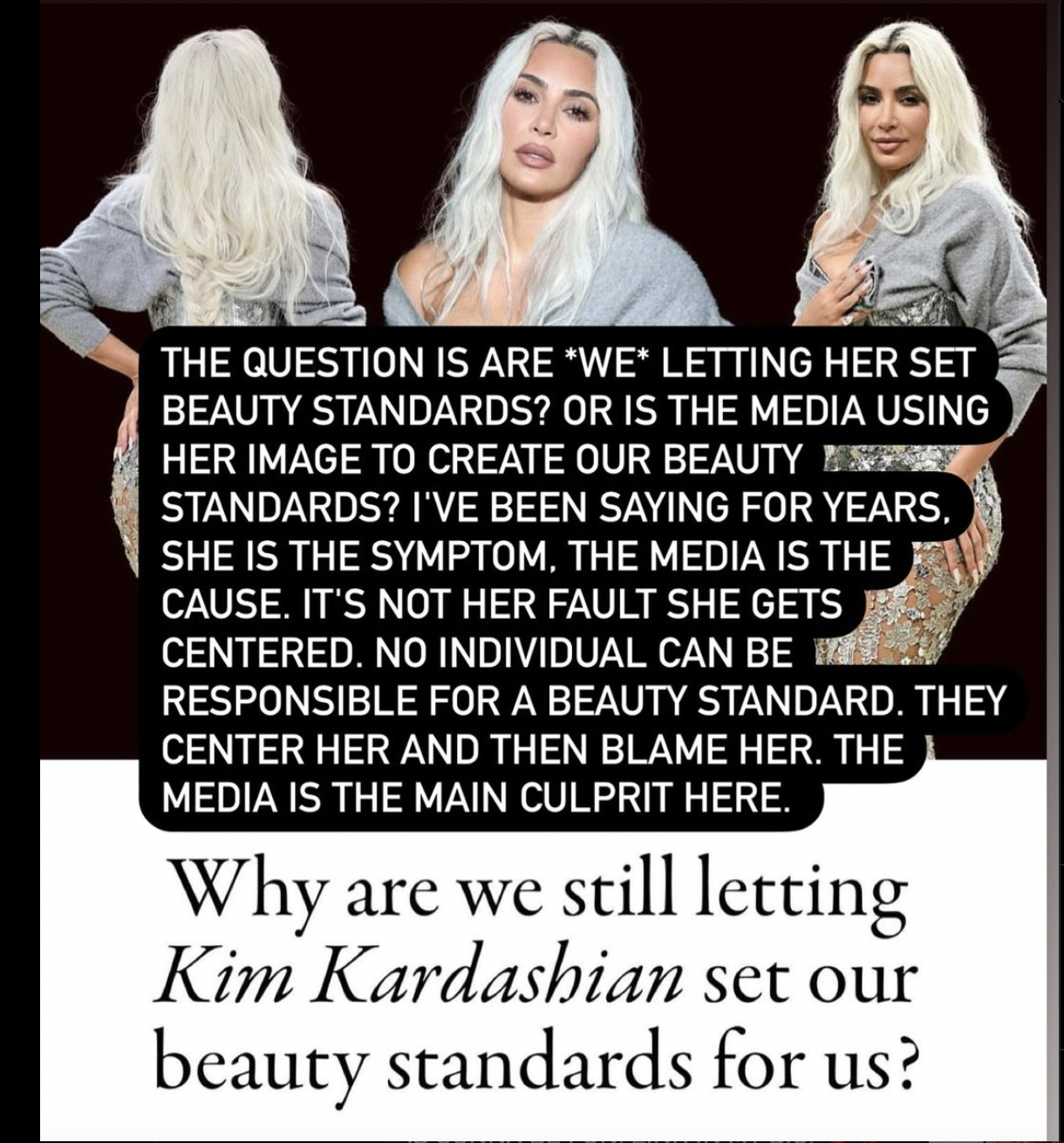The 5 Most Important Things To Do When You Come Off Birth Control
Making the decision to come off hormonal birth control is a hugely empowering one, so congratulations for this huge step!
AND it can also feel very nerve-wracking. Women are rarely appropriately informed about the side effects and implications of being ON birth control, and certainly receive very little support or education when it comes to transitioning OFF it.
So here are the top 5 most important things for you to focus on as you make the transition!
Nourish Your Body & Support Your Hormones
The #1 most important thing for you to focus on while transitioning off HBC (hormonal birth control) is nourishing your body adequately and appropriately. Many women, whether on HBC or not, are deeply under-nourished as a result of diet culture, stress, and poor food education. Add HBC to the mix, and you’re also looking at nutrient and mineral deficiencies!
The key things to prioritise are:
EATING ENOUGH
You don’t need to start counting calories, but take a mental note of how much you’re eating and how often. At the very least you should be aiming for a full and balanced meal (containing protein, carbohydrates and fat) at least 3 times per day, with no more than 6 hours between meals (breakfast - lunch - dinner). How are you feeling after your meals? Are you satisfied?
PRIORITISING HIGH-QUALITY, BIO-AVAILABLE PROTEIN
Think animal-based sources, organic, grass-fed, and hormone + antibiotic-free where possible.
YES TO HEALTHY FATS
Wild fatty fish (NOT farmed), avocado, and high quality extra virgin olive oil are all excellent sources.
SUPPORT YOUR GUT
Your gut health takes a hit when on HBC (specifically the pill), and a healthy gut (or microbiome) is essential for absorbing nutrients from your food, and for eliminating excess oestrogen before it gets reabsorbed!
Incorporate lots of fibre, probiotic rich foods like sauerkraut, kimchi and miso, and gut-healing goodness like bone broths, collagen and gelatin.
Eating your meals distraction-free (put down your phone!!) and making sure you chew properly are also hugely supportive!
FOCUS ON NUTRIENT DENSITY
During and after HBC your body can be experiencing deficiencies in several key vitamins and minerals. Focusing on a variety of nutrient-dense, mineral-rich foods, including those listed above and a variety of fruits and (cooked) veggies can help to restore your vitamin & mineral supplies.
You may also want to consider supplementation to help up those stores, such as magnesium, zinc, vitamin c and b vitamins - but always talk to your healthcare provider before starting any new supplements!
Support Your Liver + Reduce Your Toxic Load
Your liver is your in-built detoxification system, and when coming off HBC it’s super important to optimise + support it so it can play its part in helping your body to clear out excess hormones!
This is a two part process:
PART 1: Minimise the things that add to your liver’s workload so it can ‘focus’ on the hormone detoxification and elimination (aka, reduce your toxic load)
This means reducing your consumption of alcohol, caffeine, processed foods and inflammatory foods!
PART 2: Add in the things that support your liver in doing its job!
Bitter foods such as rocket and green tea, leafy greens, cruciferous vegetables (broccoli, cauliflower, kale, sprouts and bok choy), and high quality protein are all liver-supportive additions!
Staying hydrated with filtered and mineralised water, and breaking a sweat with some exercise 3-5 times a week are also hugely supportive!
And if you want to take it a step further to really support your liver and detoxification pathways, this would be a great time to take inventory of your home, personal care, and beauty products, and switch them out for ‘clean beauty’ or DIY products using natural ingredients!
Manage Your Stress & Support Your Emotional Health
Stress is one of the biggest factors in hormonal imbalance, as it can both delay or inhibit ovulation (your ovary releasing an egg each cycle), and inhibit the production of progesterone, the key hormone in the 2nd half of your cycle which helps to keep oestrogen in balance, supports your mental and emotional health, and has many other health benefits - aka, we really want to be making lots of it!
The fluctuating hormones as your cycle regulates after HBC can also lead to fluctuating moods and emotions, and a more intense pre-menstrual phase, which can often feel difficult for women to navigate, especially if they’ve not had a true menstrual cycle in a while!
So it’s extra important whilst transitioning off HBC to manage your stress and prioritise your emotional wellness!
Some of the best ways to prioritise this in your daily routine are:
Get adequate sleep and rest - try to get 8 hours of sleep opportunity every night, and get off your screens at least an hour before you go to bed.
Move your body regularly - aim to break a sweat 3-5x a week, and get outside every day for at least a short walk if you can. Bonus points if you do so after a meal!
Make a ‘self care menu’ of things that you find supportive and relaxing when you’re stressed, and try to incorporate at least 1 into every day
Give yourself time and space to process this transition, and reach out to a loved one for support if you need to talk about it
Start Tracking Your Cycle!
And last but certainly not least, it’s time to really get to know and to start tracking your cycle!
For the first time in potentially many years, you’re actually going to be experiencing a natural menstrual cycle, which means shifting cyclically through the four phases of the cycle, and experiencing ovulation and true menstruation!
There’s different ways to track your cycle, from simply making a note of what day of your cycle you’re on and checking in with how you’re feeling, to tracking your cervical mucus and basal body temperature as part of the Fertility Awareness Method.
Tracking your cycle:
Gives you valuable data about your cycle and hormone health
Allows you to track your symptoms and understand what they might mean
Helps you connect with your cycle & your period
With proper practice and consistency, can help you to avoid pregnancy, or support you in trying to conceive depending on your goals!
Be Prepared For Changes
As you transition off Hormonal Birth Control and your natural cycle regulates, your body is going through a huge change, and the fluctuations in your hormones can result in a variety of symptoms, from those mood swings, to the dreaded acne, to more painful or heavy periods, to changes in your weight and/or breasts.
You can even experience changes in your libido and feelings of attraction to your partner!
These were all things I wish I knew when I came off HBC; the most important thing is to be aware of the possibility that you’ll experience some or all of these, and that focusing on the other points in this list, from nourishing your body, to tracking your cycle and managing your stress, will all help with these changes, so stay committed to them!
The Bottom Line
Put the above into practice for at least 3-6 months post HBC to experience the most benefits, and remember that it could take even longer than that for your cycle to regulate, so don’t get discouraged if you don’t see the results you want immediately!
Above all remember to celebrate yourself for this big step, and how you’re choosing to show up for yourself through this transition!
And if you’re looking for more guidance, Download my Know Your Cycle free resource bundle here for a free masterclass on your cycle along with a printable cycle tracker to get started with!









